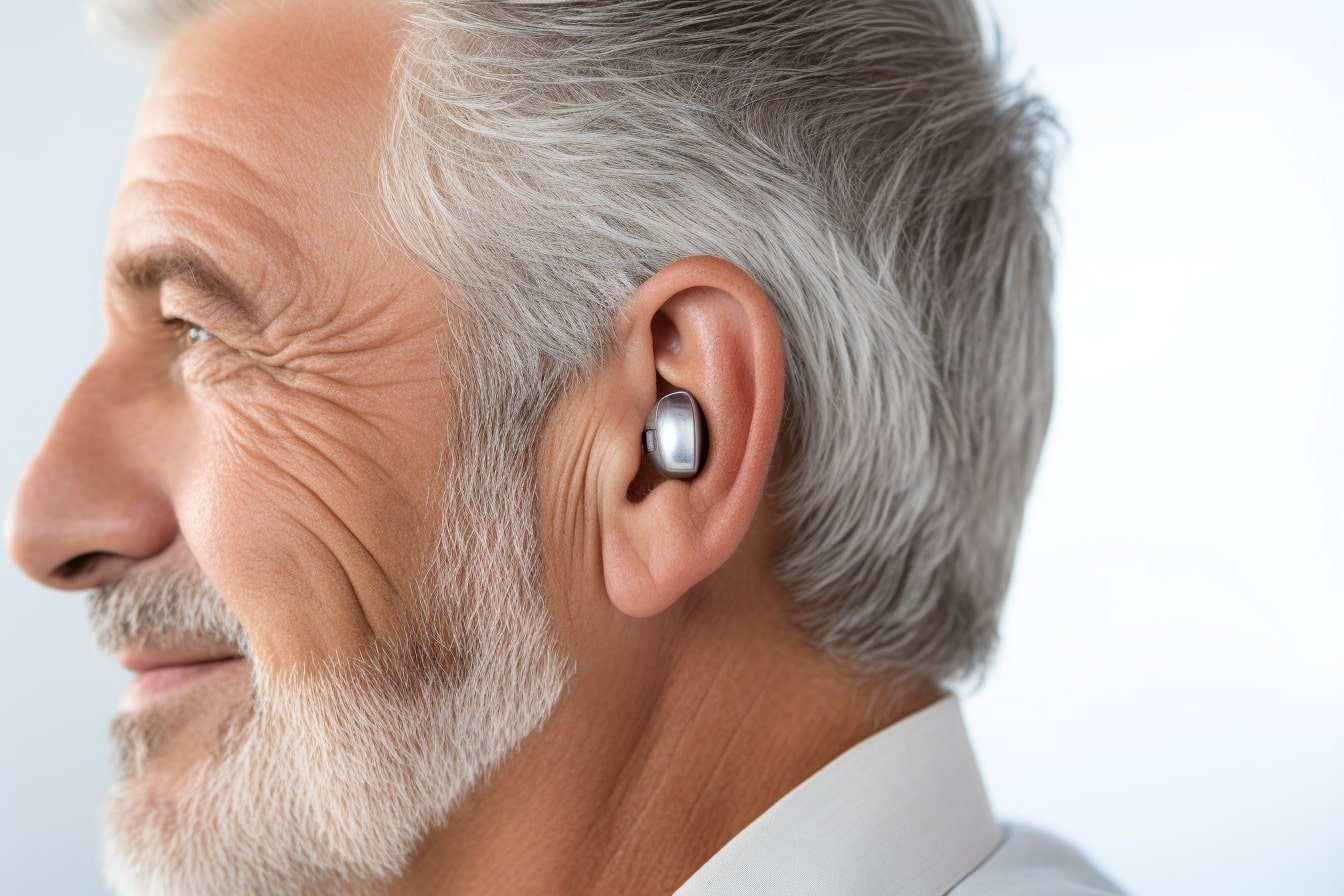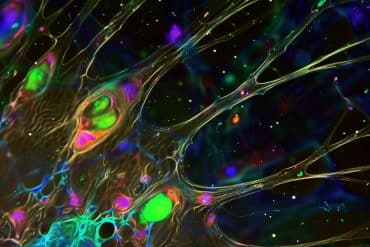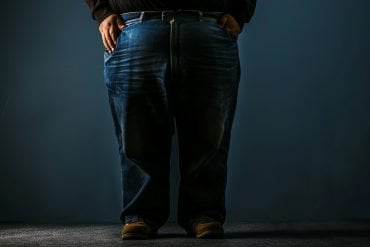Summary: Researchers discovered a link between age-related hearing loss and decreased cholesterol in the inner ear. This cholesterol reduction affects the outer hair cells (OHCs), which are essential for amplifying sounds.
Experiments on mice indicated that phytosterol supplements, compounds similar to cholesterol, can replace the lost cholesterol and prevent sensory dysfunction. If applicable to humans, over-the-counter phytosterol supplements may offer a potential solution to combat age-related hearing loss.
Key Facts:
- Age-related hearing loss may be connected to a decrease of cholesterol in the inner ear’s sensory cells.
- Cholesterol is vital for the stretch response of OHCs, which amplify sounds.
- In mice, plant-based compounds called phytosterols were effective in compensating for the lost cholesterol and maintaining OHC function.
Source: PLOS
Researchers led by María Eugenia Gomez-Casati, the Institute of Pharmacology, School of Medicine, University of Buenos Aires-CONICET; Mauricio Martin, the Institute of Medical Research Mercedes; and Martín Ferreyra, (INIMEC-CONICET-UNC), National University of Córdoba in Argentina report that age-related hearing loss is associated with a decrease of cholesterol in the inner ear.
Experiments published August 24th in the open access journal PLOS Biology show that phytosterols supplements were able to act in place of the lost cholesterol and prevent sensory dysfunction in mice.

Sensory cells in the inner ear called outer hair cells (OHCs) amplify sounds by changing their length. As we age, these cells lose their ability to stretch in response to sound, preventing sound amplification and leading to age-related hearing loss.
Because cholesterol is a key player in the stretch response, and because brain cholesterol has recently been shown to decrease with age, researchers hypothesized that hearing loss might be related to loss of cholesterol in OHCs.
This hypothesis was tested in mice.
First, the researchers measured the amount of CYP46A1 in inner ear OHCs because this enzyme helps break down and recycle cholesterol.
As expected, they found more CYP46A1 in the inner ears of older mice than in younger mice, and consequently less cholesterol. Next, they showed cause and effect by inducing hearing loss in young mice, as indicated by abnormal inner ear-cell output, by over-activating CYP46A1 with a drug.
Finally, they tested whether increasing cholesterol in the brain could counter the drug. Since cholesterol itself cannot actually enter the brain from the blood, the researchers used plant-based cholesterol-like compounds called phytosterols which can.
The young mice who got both the CYP46A1-activating drug and 3 weeks of dietary phytosterols displayed improved OHC function.
As phytosterols can be found in many over-the-counter supplements, they could be a convenient way to combat age-related hearing loss. However, directly testing their effects on hearing loss in older mouse models as well as in humans will be necessary before more definite conclusions can be made.
The authors add, “In the present work we show that: 1) aging triggers cholesterol loss from sensory cells of the inner ear, 2) a retroviral treatment widely employed for HIV/AIDS patients reproduces the cholesterol loss observed in aged individuals and leads to impaired outer hair cells’ function and 3) we found that these defects can be partly reversed by phytosterols supplementation.
“Our findings are very promising because they provide the first proof-of-principle supporting phytosterols supplementation as a possible approach for prevention or treatment of hearing loss.”
About this hearing loss research news
Author: Claire Turner
Source: PLOS
Contact: Claire Turner – PLOS
Image: The image is credited to Neuroscience News
Original Research: Open access.
“Phytosterols reverse antiretroviral-induced hearing loss, with potential implications for cochlear aging” by Sodero AO et al. PLOS Biology
Abstract
Phytosterols reverse antiretroviral-induced hearing loss, with potential implications for cochlear aging
Cholesterol contributes to neuronal membrane integrity, supports membrane protein clustering and function, and facilitates proper signal transduction. Extensive evidence has shown that cholesterol imbalances in the central nervous system occur in aging and in the development of neurodegenerative diseases.
In this work, we characterize cholesterol homeostasis in the inner ear of young and aged mice as a new unexplored possibility for the prevention and treatment of hearing loss.
Our results show that cholesterol levels in the inner ear are reduced during aging, an effect that is associated with an increased expression of the cholesterol 24-hydroxylase (CYP46A1), the main enzyme responsible for cholesterol turnover in the brain.
In addition, we show that pharmacological activation of CYP46A1 with the antiretroviral drug efavirenz reduces the cholesterol content in outer hair cells (OHCs), leading to a decrease in prestin immunolabeling and resulting in an increase in the distortion product otoacoustic emissions (DPOAEs) thresholds.
Moreover, dietary supplementation with phytosterols, plant sterols with structure and function similar to cholesterol, was able to rescue the effect of efavirenz administration on the auditory function.
Altogether, our findings point towards the importance of cholesterol homeostasis in the inner ear as an innovative therapeutic strategy in preventing and/or delaying hearing loss.







